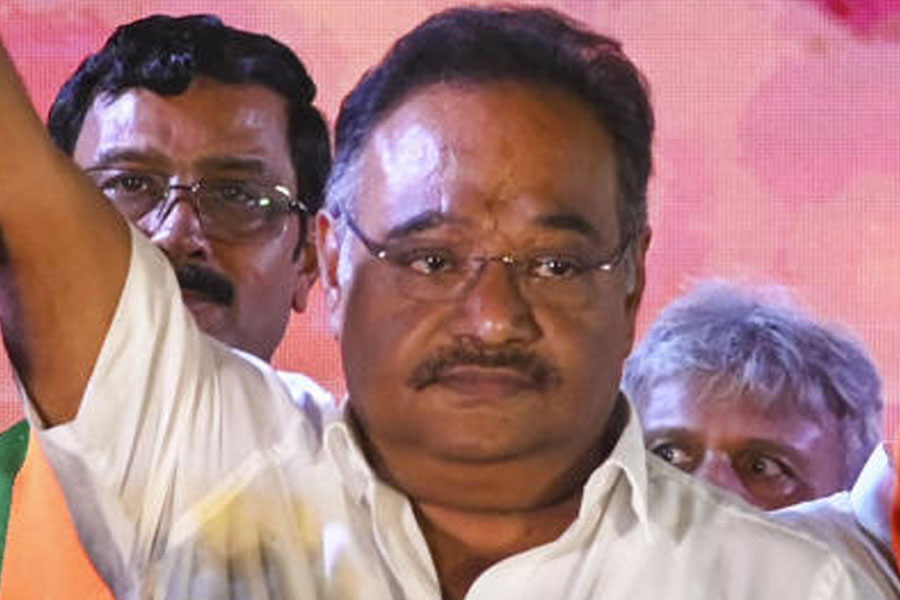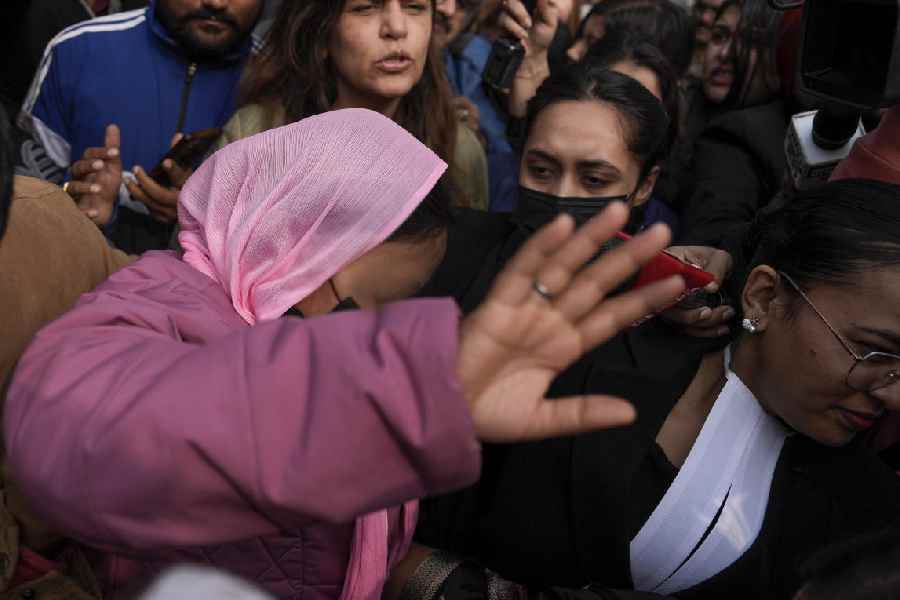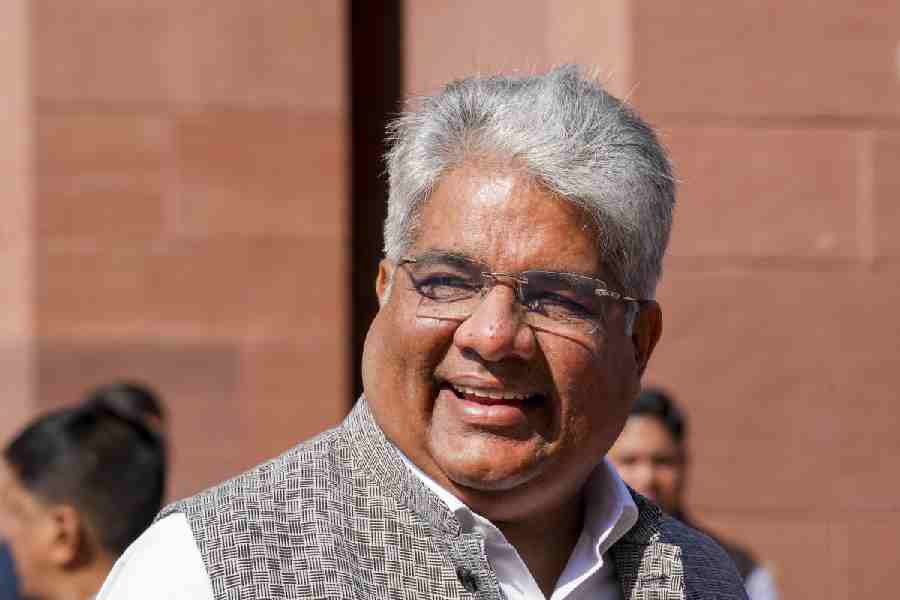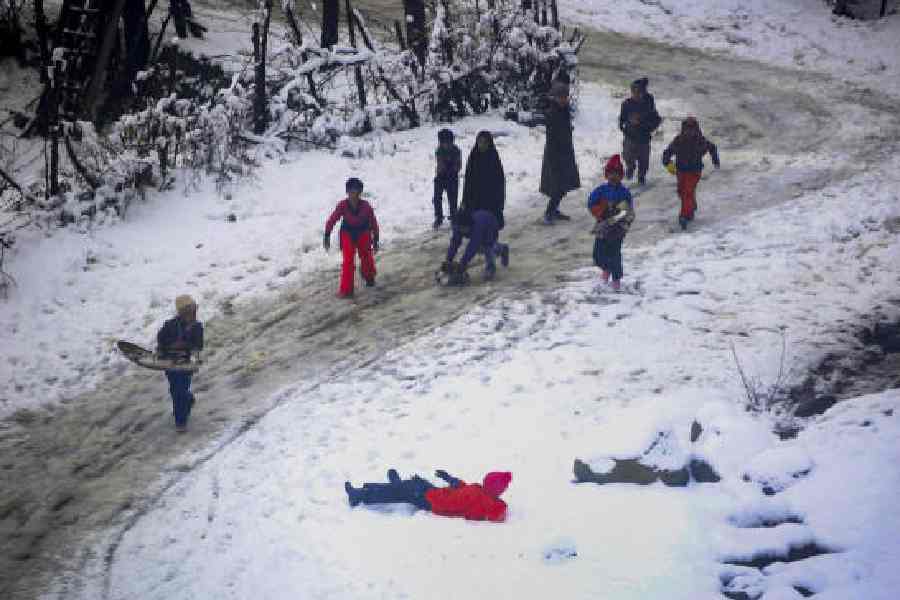
Ranchi, April 7: The Raghubar Das government has finally bitten the domicile policy bullet today to define, through a cabinet decision, as many as six criteria for people to be called local residents of Jharkhand, playing safe in an area that has proved a minefield of emotions for several governments in the past.
A two-hour-long meeting chaired by chief minister Raghubar Das, in which his cabinet colleagues and top administrative brass were present, drafted the six criteria, all of them people-pleasers to rob the Opposition of its ammo.
However, it is yet unclear how the tribals, who constitute 26.2 per cent (2011 Census) of the state's population, would react to the BJP government's policy that may be seen as a bid to dilute their original claims.
First, a person is to be called a local resident if his or her forefathers have names in the survey khatiyan (original land records in 1932) or is landless but identified by a gram sabha on the basis of the language he speaks, cultures and traditions he practises.
Second, people who are employed or into business since the past 30 years - from the date of notification of today's cabinet decision - and their heirs are also local residents.
The third, fourth and fifth criteria refer to persons employed as officials/employees with state and central governments and in constitutional and legal posts in Jharkhand, their spouses and children are also local residents.
In the sixth criteria are people who are born in the state or have completed their matriculation or equivalent examination from the state.
To be notified by the state personnel, administrative reforms and rajbhasha department in a day or so, the policy will be implemented with immediate effect.
Chief minister Raghubar Das said the government had tried its best to protect the interests of all Jharkhandis while defining a local resident. "We have taken suggestions from all including political parties and tribal intellectuals. I feel the policy will be welcomed by all," he said.
Parliamentary affairs minister Saryu Roy briefed the media.
"Before declaring this policy, we have studied best practices across India, consulted most political parties, intellectuals, social organisations and earlier decisions of the high court," Roy said at Project Building with rural development minister and tribal face of the government Neelkanth Singh Munda, Ajsu's cabinet minister Chandra Prakash Choudhary, revenue and land reforms minister A.K. Bauri, agriculture minister Randhir Kumar Singh besides state personnel department secretary Nidhi Khare and cabinet secretary S.S. Meena.
Asked why it should not be called a "domicile" policy and why the government chose to declare only a "definition for local resident", Roy said: "Domicile as a word is referred in other contexts. A person is a domicile of a nation and not of a state."
Opposition JMM and JVM, who have accused the Das government of dilly-dallying with the policy even when the chief minister had promised to announce it by April 30, 2015, today sounded measured.
Most leaders said they would study the draft carefully before commenting.
Even former chief minister Arjun Munda of the BJP said: "I will not comment at this moment. Let me go through the details of the policy."
But, in one of the first voices of dissent, JMM spokesman Vinod Pandey called the policy "subversive" to the larger interests of people of this state and their feelings.
"The decision is full of contradictions; on one hand they say last land record survey will be the basis of defining local residents, and on the other hand, it also says that whoever is residing in the state since last 30 years (from date of notification) will be a Jharkhandi. It is nothing but a decision to allow outsiders to flourish here," he said.










